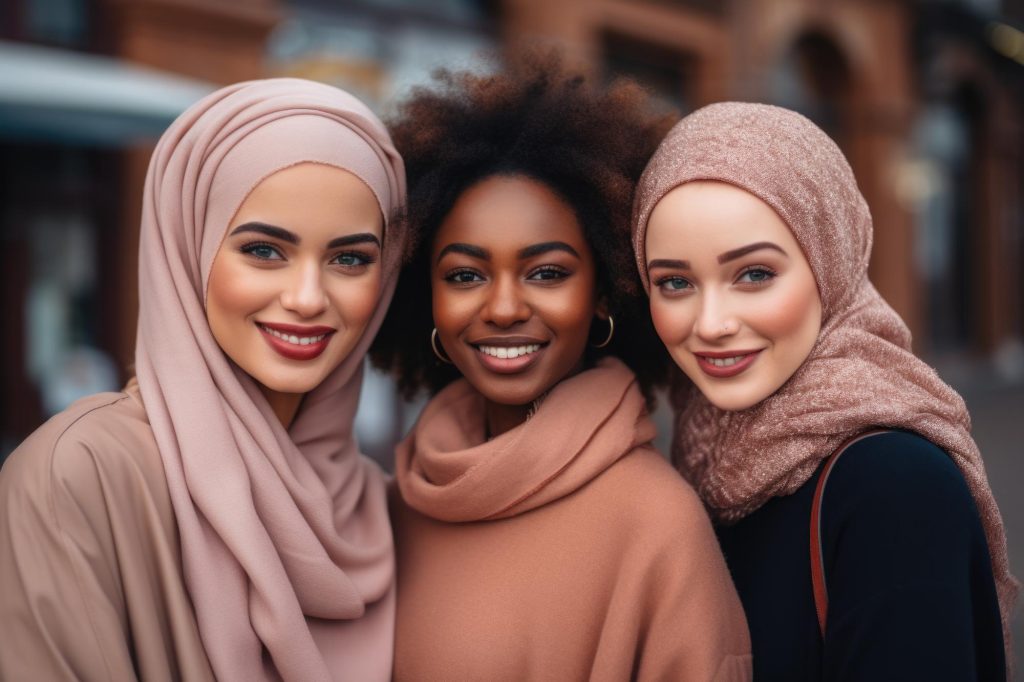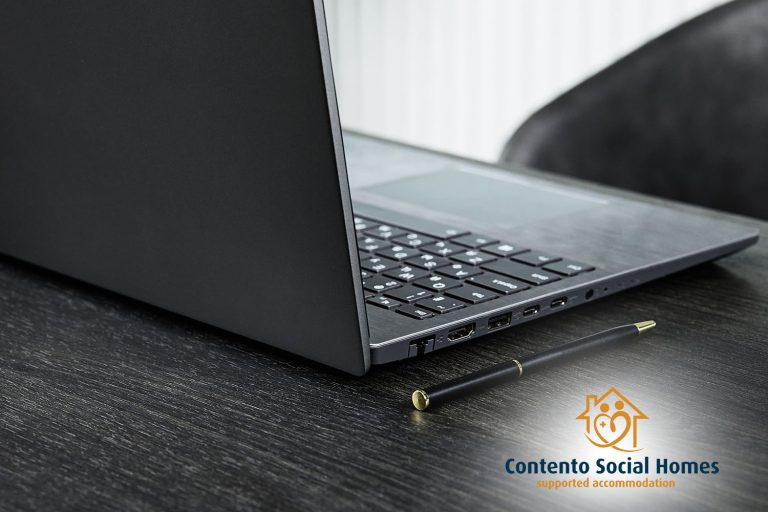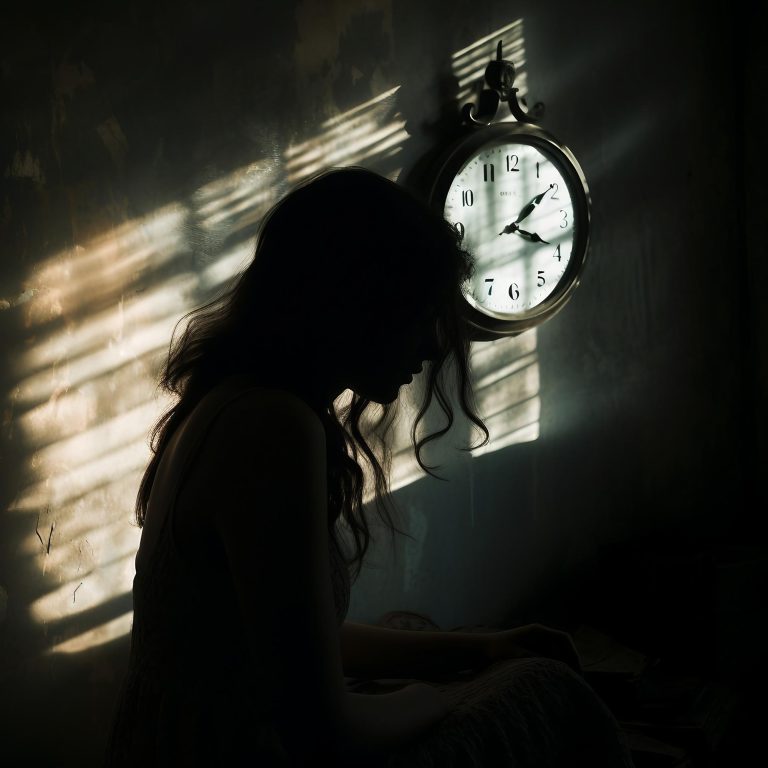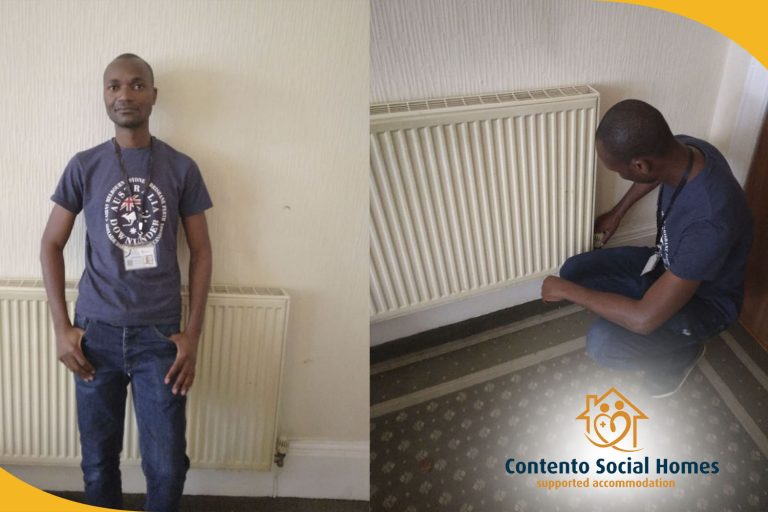At Contento Social Homes, we understand that domestic abuse is a devastating issue that affects people from all walks of life. Sadly, survivors from Black, Asian, and Minority Ethnic (BAME) communities in the UK often face unique barriers that can make seeking help and escaping abusive situations incredibly difficult. We’re committed to raising awareness of these challenges so we can work towards creating a system that is truly accessible and supportive for all survivors.
Cultural Pressures and the Burden of ‘Honour’
For many BAME survivors, the decision to speak out carries a heavy cultural weight. Prioritising family unity, community reputation, and the concept of ‘honour’ can create immense pressure to remain silent. Victims may fear being ostracised, bringing perceived ‘shame’ upon their family, or being seen as disloyal to their community – factors that can perpetuate the cycle of abuse.
Immigration Status: A Tool for Control
Abusers may exploit a BAME victim’s immigration status as a way to exert further control and create a sense of isolation. Worries about deportation, losing access to children, or the fear of jeopardizing their right to remain in the UK can act as powerful deterrents and prevent survivors from reporting abuse or getting help.
Language Barriers and Mistrust of Institutions
Limited English proficiency can be a significant obstacle for BAME survivors when trying to navigate support systems, report their abuser, or find safe accommodation. Furthermore, there may be historical mistrust of police or social services within some BAME communities, rooted in experiences or perceptions of discrimination. This lack of trust creates another substantial barrier for those seeking a way out.
The Importance of Culturally Sensitive Support
While mainstream domestic abuse services are vital, they might not be fully equipped to address the complex and nuanced experiences of BAME survivors. That’s why specialized organisations led by and for BAME communities play a critical role in providing tailored support. These organisations understand the pressures of cultural expectations, language difficulties, and the specific challenges faced by individuals within these communities.
What Can Be Done
- Increased Funding for BAME-led Organisations: It’s essential we support and fund specialist organisations focused on outreach and services for BAME survivors.
- Cultural Competency Training: Provide mandatory training for police, social workers, healthcare professionals, and shelter staff to increase awareness and sensitivity towards issues faced by BAME communities.
- Accessible Information and Resources: Ensure there are multilingual support lines, translated information about domestic abuse, and clear guidance on legal rights available.
- Community-Level Awareness: Work alongside BAME community leaders and faith organisations to raise awareness about domestic abuse and challenge cultural norms that perpetuate silence.
Call to Action
Every person deserves to live a life free from abuse, regardless of their ethnicity or background. By understanding the specific barriers BAME survivors face, we can take conscious steps towards creating a more equitable and supportive system. If you or someone you know is experiencing domestic abuse, please reach out to the following resources:
- National Domestic Abuse Helpline: 0808 2000 247: https://www.nationaldahelpline.org.uk/




